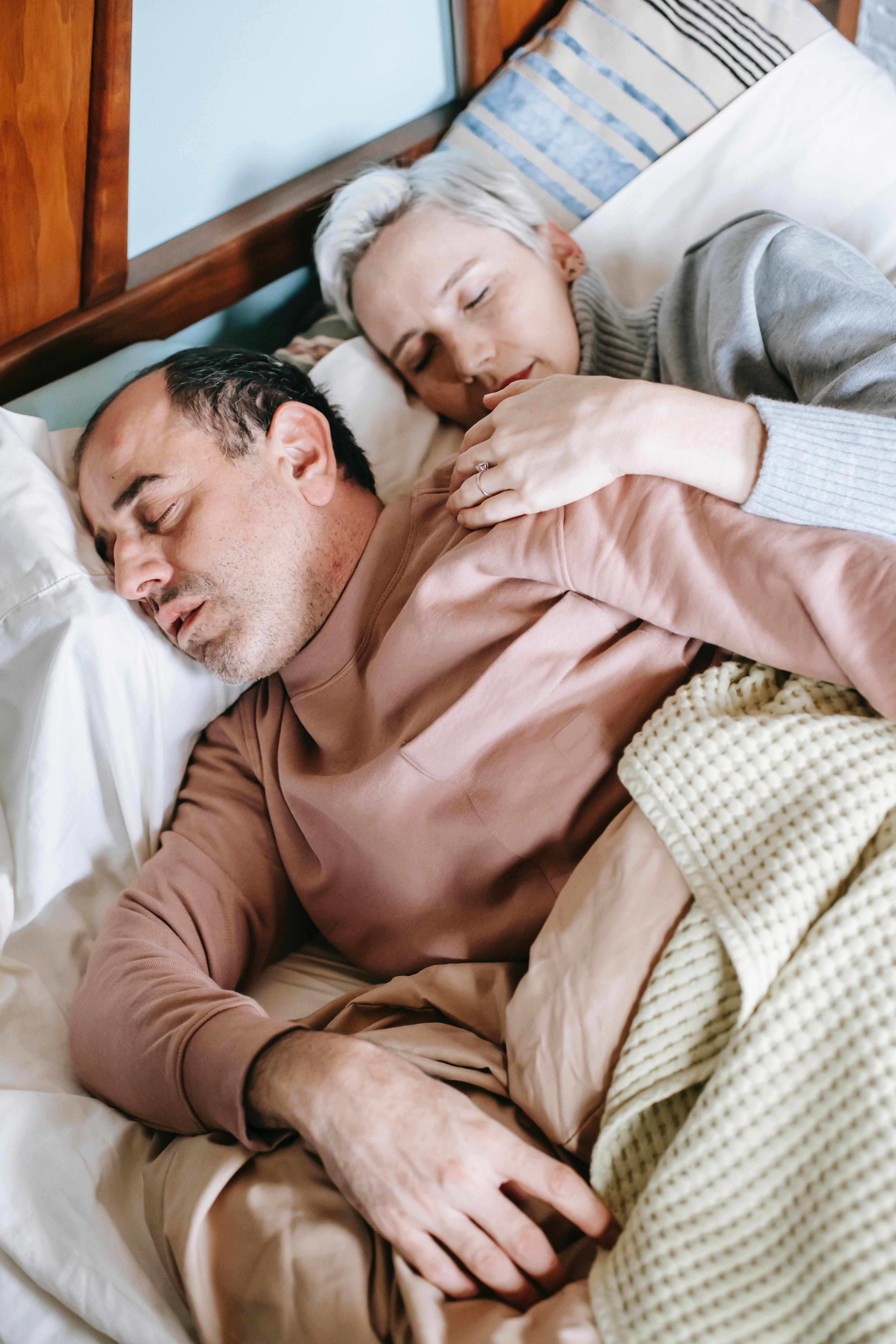
Although it is recommended that older adults get at least 7 to 8 hours of sleep each night, studies have shown that between 40-70% are currently struggling with chronic sleep issues. Seeing as how people spend over 1/3 of their lives sleeping, it is super important to ensure that time is spent getting quality sleep that contributes to good health.
After reading this article, you’ll understand why sleep issues become more prevalent with age, which habits can contribute to good sleep hygiene, and even how to utilize good nutrition against your battle with poor sleep!
People begin to experience more sleep issues as they age for many reasons including medications, chronic illnesses, and hormonal changes that affect the body’s circadian rhythm. The circadian rhythm is an internal bodily system that alerts the body of things like hunger and sleep. Aging causes changes in brain cells that can disrupt the circadian rhythm.
You might be asking yourself, “What can I do to combat the effects of aging and improve my quality of sleep?” A combination of healthy lifestyle habits and good nutrition is a sure way to improve your all-around health and contribute to better sleep hygiene.
Incorporate some of these tips and tricks into your daily routine and you will be feeling better and sleeping soundly in no time!
- Engage in moderate exercise for 30 minutes, 3-5 times a week.
- Get at least 2 hours of sunlight each day. Don’t forget your sunscreen!
- Reduce bedroom distractions like television and bright lights.
- Avoid caffeine, alcohol, and large meals a few hours before bedtime.
- Drink warm milk to help your brain produce more melatonin.
- Eat complex carbs such as sweet potatoes and brown rice to increase your body’s level of tryptophan; an amino acid that contributes to decreased daytime sleepiness.
- Incorporate almonds and peaches into your diet to increase your magnesium intake and ward off issues like insomnia and restless leg syndrome.




